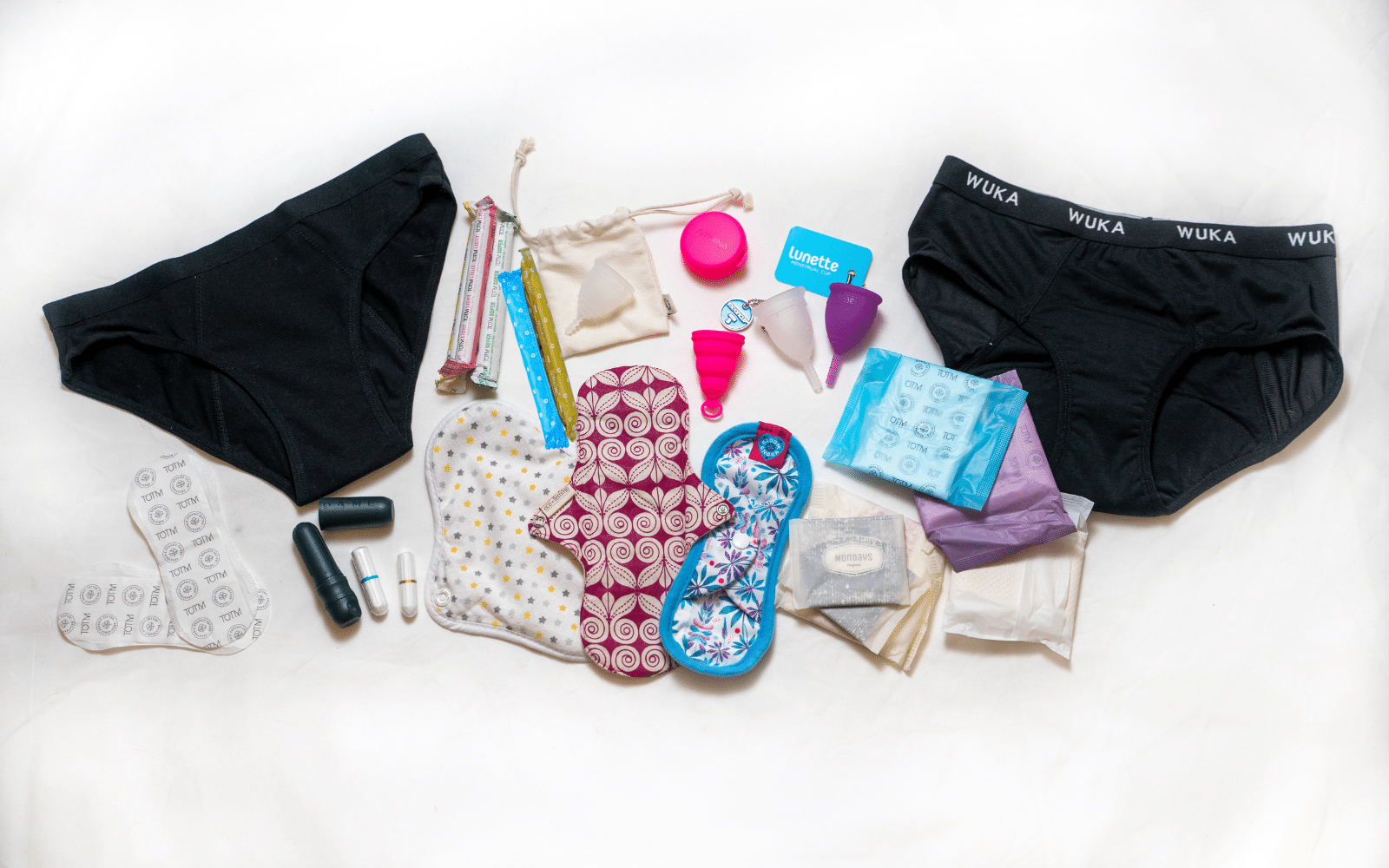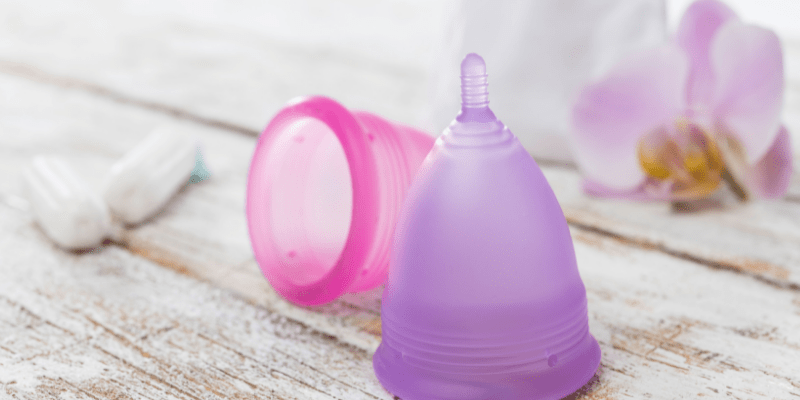Period POVERTY
Period Poverty Week
This week is Period Poverty Week, a global campaign that aims to educate on the issue of period poverty and its impact on people with periods – something we feel passionately about here at City to Sea. Lack of access to period products is a serious issue that negatively affects the lives of menstruating people in many countries. And the UK is no exception. 10% of 14-21 year olds in the UK are unable to afford period products, according to research by Plan International. And over 137,700 10–18-year olds have missed school due to period inequality! This can mean some students losing up to 145 school days, putting them behind their fellow peers who do not menstruate or who have access to products. This, along with the shame and worry surrounding period poverty can also seriously affect young people’s mental health.

Poor period education is another factor that impacts period poverty. Research we conducted this year told us that a third of people reported that their early education was not very comprehensive and 36% reported feeling negative emotions, such as fear or shame, following their period education. Shockingly, more than half the respondents felt their period education was delivered too late. We know that some young people have their first period as early as 8 years old, so comprehensive, unbiased period education needs to be part of the curriculum much sooner
It’s time to Rethink Periods
Our Plastic free Period Campaign and Rethink Periods programme have been tackling period poverty for years and we’re really proud of some of the incredible things we’ve achieved, which include:
- Over 40,000 people signed our petition calling on the Department of Education to offer free plastic free products in schools resulting in free reusables and plastic free options now being offered to students.
- Students are now better equipped with information of disposable, plastic-free and reusable products, myths and taboos, environmental impacts of period products and period equality. In 2019 we launched Rethink Periods, an award-winning, PSHE-accredited programme that provides free, unbiased, comprehensive, and up-to-date period education to teachers and school nurses across the country. So far, Rethink Periods has trained over 1,200 people, reaching more than 176,000 students from all genders in England and Wales.
- We’ve made 4 in 10 schools in our targeted areas aware of the UK Government period product scheme via Rethink Periods. This make us the top source of information of the scheme which translates in students not having to miss education during their periods as products are now available in their schools.
- We’ve raised awareness of periods, period poverty and period equality on a mainstream level. So far, the campaign has reached more than 6 million people through our social media, ambassadors and media and continues to grow.
- We have changed the way school teachers talk about periods. 86% of teachers trained through Rethink Periods have changed their language to make it more gender-inclusive and avoid language that contributes to period stigma.
- We have trained more than 100 passionate individuals and NHS staff on periods including period equality. And promoted steps that individuals can take to tackle the issue in their communities including how to lobby government.
- In partnership with Natracare, we have educated the population on the hidden ingredients in their period products, sharing a petition calling on big period product manufacturers to list their ingredients on their products.
- Thanks to our partners at Mooncup®, over 3 billion pieces of plastic has been saved from entering our water ways – something we have recently celebrated across our channels.

There’s still so much more that need to be done!
We know that students are still facing barriers when menstruating, despite the Government’s provision of free period products at schools and that the current offer is just not meeting their needs. 13% of schools trained by Rethink Period reported that the schemes’ credits allocated to those schools were not enough. Plus, the current programme only works when students are at school. Even if sufficient credits were provided, some students would still experience period poverty outside classrooms, for instance, during school holidays. Arguably, the cycle of period poverty is never broken when disposable period products are the only options at schools because students will constantly rely on the provision of products. The UK’s first lockdown in 2020 highlighted this issue when three in ten young people who usually rely upon period products at schools or food banks were unable to access those products due to mobility restrictions, supply shortages and hoarding. At City to Sea, we believe that providing reusable period products could help to break the cycle of period poverty in schools for good…and without polluting our oceans! A win for people and planet!

Reusable products in Schools
Unlike disposable period products, reusables allow students to access products in and out of schools from anytime up to five or ten years. While giving away free disposable period products in schools helps address the issue of period poverty, we believe that making reusable period products accessible for free is even better! Why? Well, firstly reusable products mean students are covered those times when they’re not in school – so during school holidays or when off sick. And secondly, they last so much longer which means in some cases students will be covered well beyond their school years – period pants and pads last up to 5 years and menstrual cups up to 10! Student’s parents could also save up to 94% of what they would have spent on disposable period products for their children. And importantly, switching to eco-friendly period products is much better for the environment. Currently a staggering 3 billion disposable menstrual products are used every year in the UK alone, many of which end up in clogging our waterways and polluting our rivers, beaches and oceans. More people switching to reusable alternatives would help prevent this as well as avoiding the thousands of tonnes of menstrual waste that’s currently ends up in landfills each year. We’ve got ambitious plans to tackle period poverty and we want YOU to join us. News on this coming soon so watch the space. Together, we believe we can break the cycle of period poverty for good.

